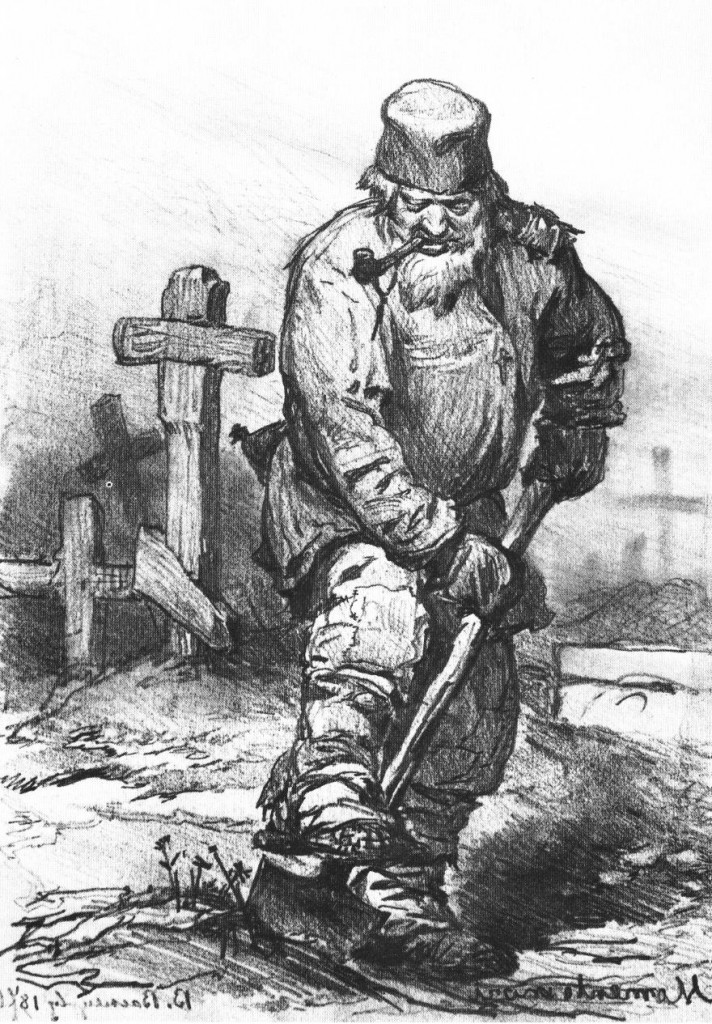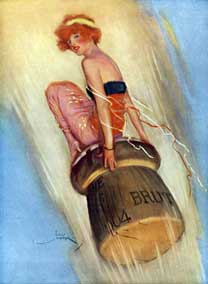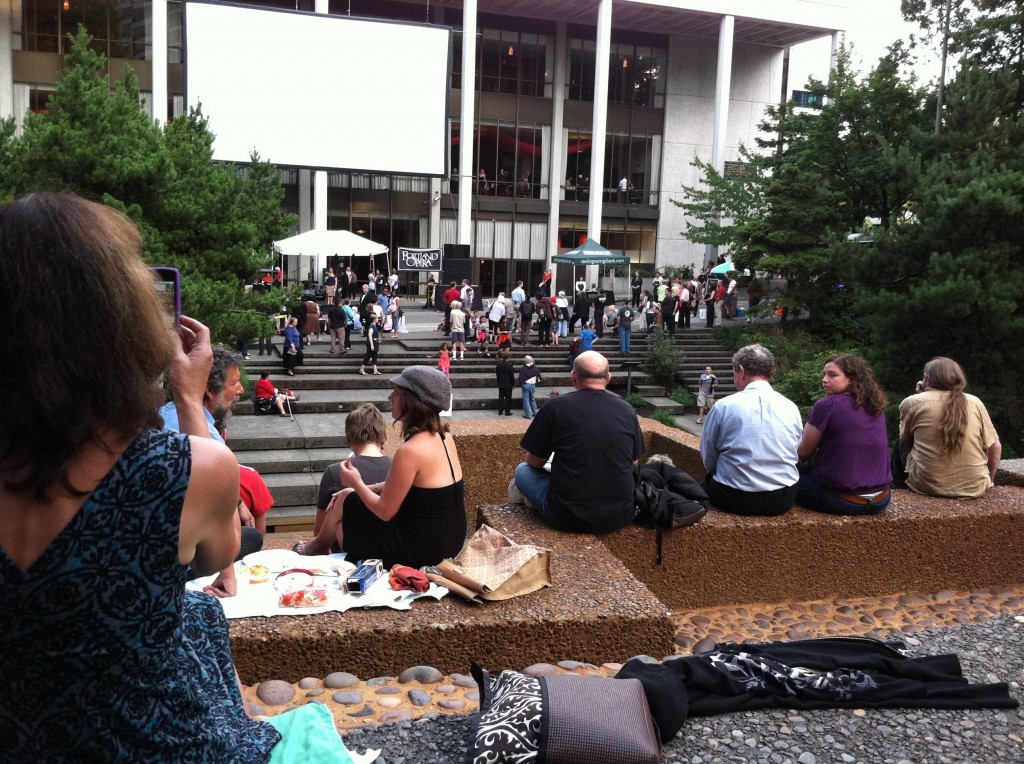By Bob Hicks
Mr. Scatter is getting old.
 At least, judging by his junk mail, the world seems to think so.
At least, judging by his junk mail, the world seems to think so.
Rest homes (or “active senior residences”), pharmaceutical companies, retirement financial planners, purveyors of musical nostalgia in the Pat Boone mold have got their hands, if not on Mr. Scatter’s obituary, then certainly on the records of his birth date and semi-antique Social Security number. This even though Mr. Scatter is not now nor has he ever been a card-carrying member of the AARP.
Today’s mail brought one of the less welcome of these geezerly come-ons, from an outfit called Neptune Cremation Service. “FREE Pre-Paid Cremation!” it shouted on the envelope, which Mr. Scatter refused to open. Frankly, the offer burned him up. On the other hand, something called the University of Western States also sent an offer, this one on the perkier side: “Teen Back Pain? 12-18 Years Old?” Back pain, yes. Teen, thank the lord, no. (The two teens in residence at Chez Scatter are often pains, but not in the back.)
Mr. Scatter has no immediate plans to go gentle into that good night, although he recognizes the eventual inevitability. He asks only that the eager entrepreneurs of the world hold their horses and stop trying to push him prematurely into the abyss. Today has been a chilly but gloriously sunny day, and Mr. Scatter fully intends to enjoy such pleasures to the hilt before the eternal rains settle in.
Maybe it’s the inspiration of recently reading Charles Deemer’s poetry collection In My Old Age, but Mr. Scatter has decided to versify his thoughts on biting the big one in rainy Oregon:
Ashes to ashes
dust to dust
in Portland
we just
turn to rust.
*
ILLUSTRATION: “Grave-digger,” Viktor Vasetsov, 1871. Tretyakov Gallery, Moscow/Wikimedia Commons.
 That’s Portland writer Charles Deemer’s poem The Bottom Line, from his new collection
That’s Portland writer Charles Deemer’s poem The Bottom Line, from his new collection  Mr. Scatter recalls being impressed as a child by the tale of Noah, who after steering his ark at long last into port dipped into the wine cellar and got so snozzled that he stumbled into his tent, stripped off all his clothes, and fell into a deep naked snooze. This caused considerable consternation once he woke up, and somehow Noah, who after all was “a just man and perfect,” pinned the blame on his son Canaan, who as winemaker had apparently amped up the alcohol content. (He might have been the same guy making all those head-thumping California zins in the 1970s.) It was a pioneering instance of better scapegoating through chemistry.
Mr. Scatter recalls being impressed as a child by the tale of Noah, who after steering his ark at long last into port dipped into the wine cellar and got so snozzled that he stumbled into his tent, stripped off all his clothes, and fell into a deep naked snooze. This caused considerable consternation once he woke up, and somehow Noah, who after all was “a just man and perfect,” pinned the blame on his son Canaan, who as winemaker had apparently amped up the alcohol content. (He might have been the same guy making all those head-thumping California zins in the 1970s.) It was a pioneering instance of better scapegoating through chemistry. Blaine Truitt Covert/OBT
Blaine Truitt Covert/OBT Still. Of course No Man’s Land is a play, but in its distillation of psychological and philosophical themes and its virtual abandonment of plot, which seems to have been dropped unceremoniously through a trap door in the stage floor, it takes on the musically suggestive qualities of dance. And of course Carmen is a ballet. But as Bizet and his opera librettists, Henri Meilhac and Ludovic Havely, devised it (they were working from an earlier novella by Prosper Merimee, who in turn may have been working from a narrative poem by Alexander Pushkin) the story is indisputably theatrical, a twisting and exciting tale of action and big moments leading thrillingly to tragedy. Stowell chose to keep those elements — indeed, Bizet’s music almost demands it — creating an uncompromisingly theatrical ballet. Fonte, working with Stravinsky’s jagged and compellingly modern score and incorporating a good deal of Fokine’s original movement style, took an opposite approach, distilling almost to the point of pure dance Petrouchka‘s sad folk tale of a puppet who comes to life, falls in love, and is murdered. (It’s a tough fate: all Pinocchio got was a long nose and a short stint in a whale’s belly.)
Still. Of course No Man’s Land is a play, but in its distillation of psychological and philosophical themes and its virtual abandonment of plot, which seems to have been dropped unceremoniously through a trap door in the stage floor, it takes on the musically suggestive qualities of dance. And of course Carmen is a ballet. But as Bizet and his opera librettists, Henri Meilhac and Ludovic Havely, devised it (they were working from an earlier novella by Prosper Merimee, who in turn may have been working from a narrative poem by Alexander Pushkin) the story is indisputably theatrical, a twisting and exciting tale of action and big moments leading thrillingly to tragedy. Stowell chose to keep those elements — indeed, Bizet’s music almost demands it — creating an uncompromisingly theatrical ballet. Fonte, working with Stravinsky’s jagged and compellingly modern score and incorporating a good deal of Fokine’s original movement style, took an opposite approach, distilling almost to the point of pure dance Petrouchka‘s sad folk tale of a puppet who comes to life, falls in love, and is murdered. (It’s a tough fate: all Pinocchio got was a long nose and a short stint in a whale’s belly.) The
The  Tom Prochaska, So Much To Do, Froelick Gallery
Tom Prochaska, So Much To Do, Froelick Gallery


 Even in local and regional scenes, people get lost, especially after they’ve died: Out of sight, out of mind. In a way
Even in local and regional scenes, people get lost, especially after they’ve died: Out of sight, out of mind. In a way